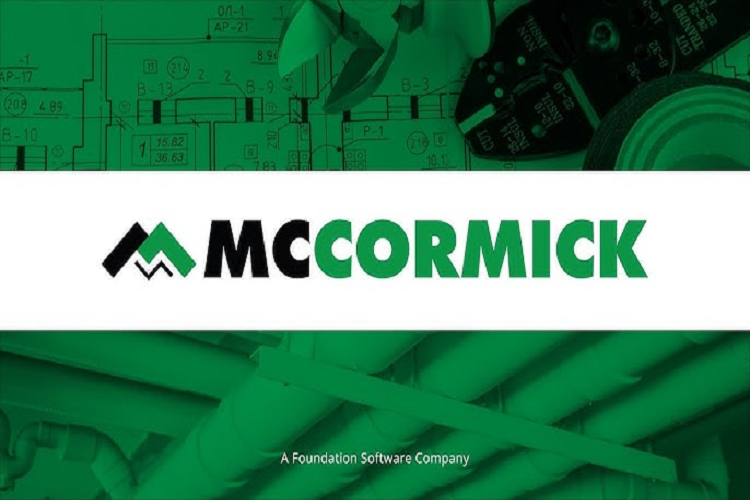
Technology redefines how we approach various industries. The construction sector is no exception. With its complex payroll requirements and unique challenges, the construction industry can greatly benefit from innovative solutions. One such solution that holds immense promise is blockchain technology. In this blog post, we will delve into the potential of blockchain technology to revolutionize construction payroll software. We will explore how implementing blockchain can address the pain points faced by contractors and streamline payroll processes.
Understanding the Pain Points of the Construction Industry
The construction industry operates uniquely, with contractors and subcontractors working on multiple projects simultaneously. Managing payroll for a diverse workforce with varying pay rates, overtime calculations, and project-specific deductions can be arduous. Traditional payroll systems rely on manual data entry, leading to errors, delays, and potential compliance issues. This can strain relationships with employees and subcontractors, hindering the smooth operation of construction projects.
Blockchain Technology: The Building Block of Innovation
Blockchain technology, most commonly associated with cryptocurrencies like Bitcoin, has the potential to revolutionize various industries, including construction. Blockchain is a decentralized and immutable digital ledger that records transactions across multiple computers, ensuring transparency, security, and trust.
Enhanced Transparency and Accuracy
By leveraging blockchain technology, construction payroll services can achieve unparalleled transparency and accuracy. Blockchain provides a shared ledger accessible to all authorized parties involved, allowing for real-time tracking of payroll transactions. This level of transparency ensures that employees and subcontractors can view their payment details, reducing disputes and building trust.
Efficient Contract Management
Smart contracts, a key feature of blockchain technology, automate contract execution based on predefined conditions. Smart contracts can enforce payment terms, automate deductions, and ensure timely compensation for completed work milestones in the construction industry. This eliminates manual intervention and reduces the likelihood of errors or payment delays, improving overall efficiency.
Streamlined Compliance and Auditability
Blockchain’s decentralized nature ensures that all payroll data is securely stored and timestamped, creating a virtually tamper-proof audit trail. This feature simplifies compliance with labor laws, tax regulations, and reporting requirements. With accurate and easily auditable payroll records, construction companies can minimize non-compliance risk and potential legal issues.
Enhanced Security and Data Protection
Construction payroll involves sensitive personal and financial information, making data security a top priority. Traditional payroll systems often store data in centralized databases, which are vulnerable to breaches and unauthorized access. Conversely, Blockchain utilizes advanced encryption techniques, decentralized storage, and permission-based access, significantly reducing the risk of data breaches. By storing data across a network of computers, blockchain ensures that any attempt to tamper with the data is nearly impossible, providing a robust security framework.
Improving Payment Processes
One of the significant pain points in construction payroll is the delay in payment processing, leading to dissatisfaction among employees and subcontractors. With blockchain technology, payments can be executed instantly and securely. By integrating digital wallets and smart contracts, contractors and subcontractors can receive their payments directly, reducing the reliance on intermediaries and minimizing transaction costs.
The Path Ahead: Implementing Blockchain for Construction Payroll
While the potential of blockchain technology to revolutionize construction payroll is undeniable, its widespread adoption requires a collaborative effort from industry stakeholders. Here are some steps to consider when implementing blockchain for construction payroll:
- Industry Collaboration: Construction companies, payroll service providers, and technology experts should collaborate to develop standardized protocols and frameworks that align with the industry’s specific needs.
- Pilot Programs and Testing: Conducting pilot programs to test the feasibility and effectiveness of blockchain implementation in real-world scenarios can help identify potential challenges and refine the technology accordingly.
- Education and Training: To ensure successful adoption, providing education and training to contractors, subcontractors, and payroll professionals is crucial. Familiarity with blockchain technology and its benefits will encourage acceptance and participation.
- Scalability and Integration: As blockchain technology evolves, it is essential to assess scalability options and integration capabilities with existing payroll systems. Smooth integration ensures a seamless transition and minimizes disruption to ongoing payroll operations.
Conclusion
As the construction industry evolves, embracing innovative technologies becomes imperative for sustainable growth. Blockchain technology offers a revolutionary solution for the complex payroll challenges faced by the industry. With enhanced transparency, accuracy, security, and efficiency, blockchain has the potential to transform construction payroll services.
Our expert team is here to guide you through the implementation process and ensure a seamless transition. Together, let’s unlock the true potential of construction payroll in the digital age.
Contact Payroll4Construction now to learn more about our innovative payroll service for the construction industry and discover how our contractor payroll software can transform your business. Let’s embark on this exciting journey together!



